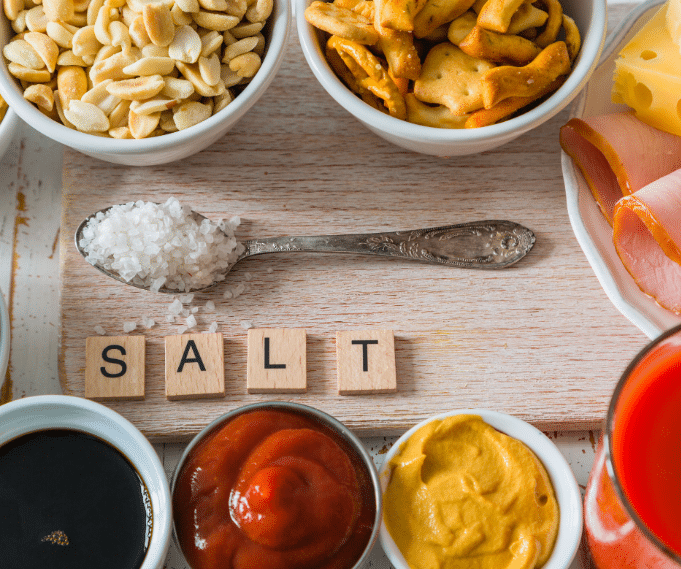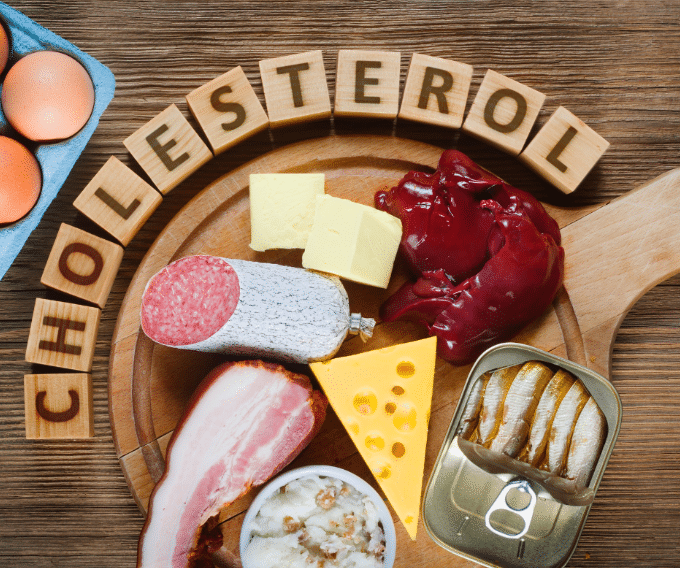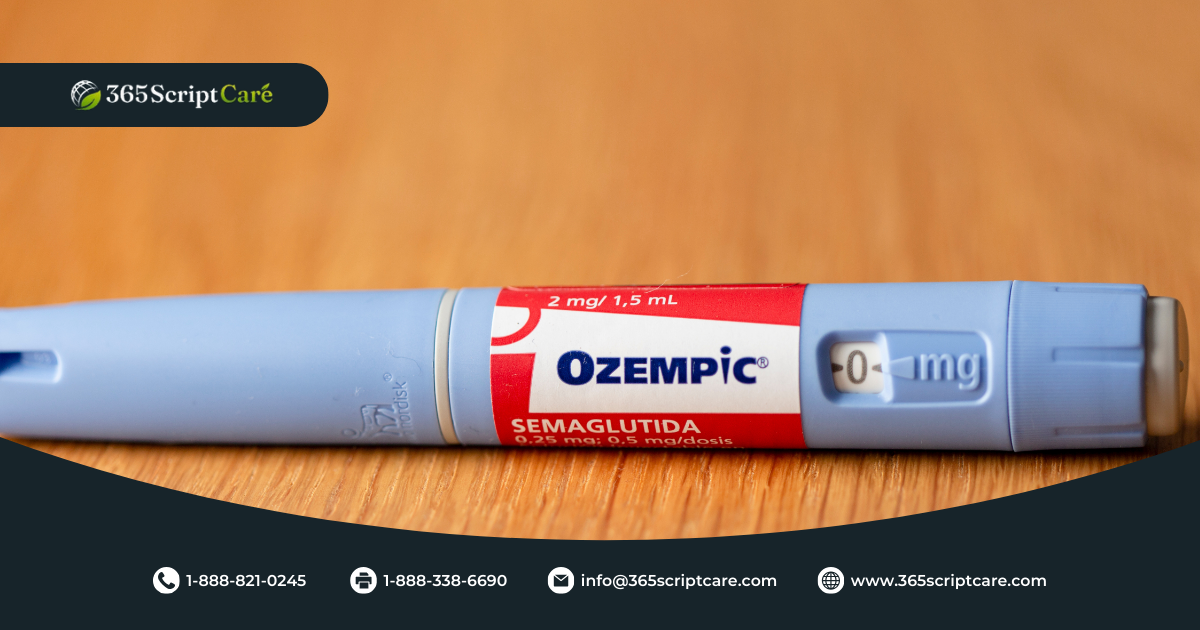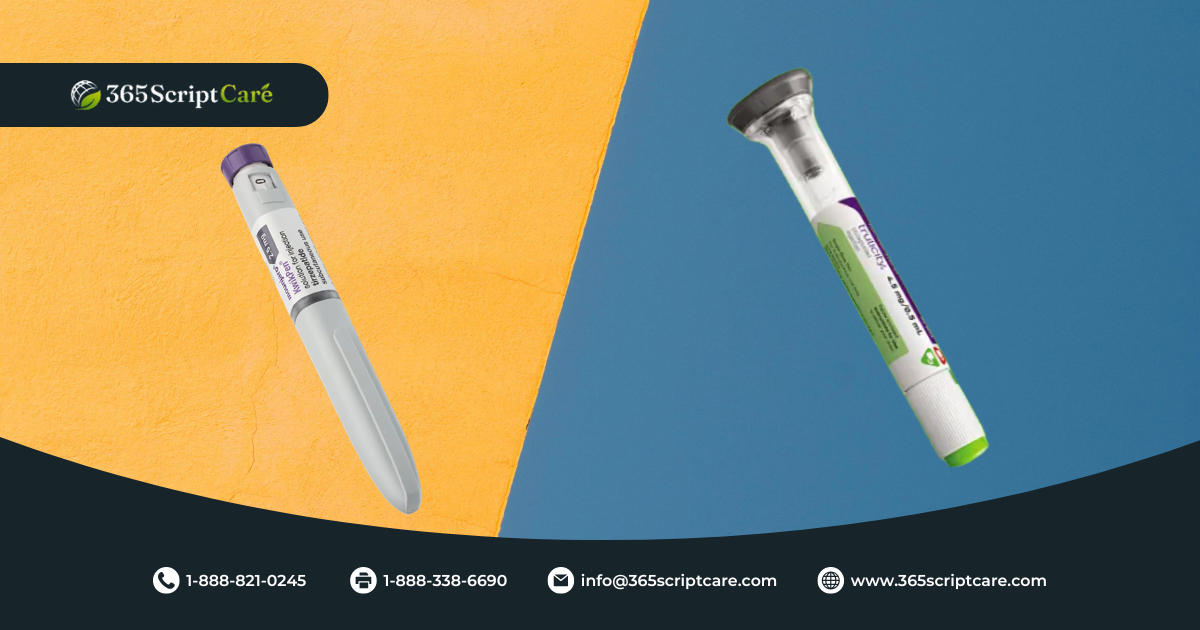If you’re embarking on a journey with Victoza, a medication commonly used to manage type 2 diabetes, you’re making a significant step towards controlling your blood sugar levels. Alongside medication, your diet plays a crucial role in managing your condition. Maintaining a healthy diet is pivotal for individuals managing type 2 diabetes, and that includes being mindful of your food choices while taking Victoza. Let’s explore the relationship between Victoza and diet, focusing on foods that could potentially spike your blood sugar levels.
What is Victoza?
Victoza, a medication often prescribed for type 2 diabetes, aids in controlling blood sugar levels by improving insulin utilization and slowing down digestion. However, even with this medication, it’s important to avoid certain foods that could counteract its benefits.
What is Victoza Pen?
The Victoza Pen is a pre-filled, disposable injection device designed for convenient and accurate administration of the medication Victoza (liraglutide). It simplifies the process of delivering the prescribed dose subcutaneously, typically in the abdomen, thigh, or upper arm. The pen is user-friendly, with clear dosage markings and a push-button mechanism for controlled injection. This device is particularly useful for individuals with type 2 diabetes who require regular self-administration of Victoza as part of their treatment plan, offering ease of use and consistent dosing.
Side Effects of Victoza
Side effects associated with Victoza, a medication often prescribed to manage type 2 diabetes, can include nausea, vomiting, diarrhea, and stomach discomfort. Additionally, some individuals may experience changes in appetite, weight loss, or headaches. It’s important to note that not everyone will experience these side effects, and they often subside as the body adjusts to the medication. However, if any severe or persistent side effects occur, it’s crucial to consult a healthcare professional for guidance and appropriate management.
The Impact of Diet on Diabetes
The impact of diet on diabetes is profound and can directly influence blood sugar levels and overall health. For individuals managing diabetes, making mindful dietary choices is crucial to maintaining stable blood sugar levels. Certain foods, especially those high in added sugars and refined carbohydrates, can lead to rapid spikes in blood sugar, which can be detrimental to diabetes management. On the other hand, opting for whole foods, lean proteins, and complex carbohydrates can help regulate blood sugar levels and contribute to better long-term health outcomes. A well-balanced diet, in conjunction with medical treatment and lifestyle adjustments, forms the foundation for effective diabetes management and improved quality of life.

Foods To Avoid While Using Victoza
Foods High in Added Sugars
Foods high in added sugars pose a serious concern for individuals managing diabetes. These sugary culprits, such as candies, sugary beverages, and desserts, can lead to rapid spikes in blood sugar levels. Consuming these foods can disrupt glucose control and undermine efforts to manage diabetes effectively. It’s advisable to limit or avoid these items to maintain stable blood sugar levels and support overall health in diabetes management.
Refined Carbohydrates
Refined carbohydrates are highly processed foods that lack essential nutrients and fiber due to the removal of their outer layers during processing. These carbs, found in items like white bread, sugary cereals, and pastries, can cause rapid spikes in blood sugar levels after consumption. Unlike complex carbohydrates, which are digested slowly and provide sustained energy, refined carbs lead to quick energy surges followed by crashes. This rollercoaster effect can be particularly problematic for individuals with diabetes, as it challenges blood sugar control. Opting for whole grains, fruits, vegetables, and legumes over refined carbohydrates can help maintain stable blood sugar levels and support overall health.
Trans Fat
Trans fats, often found in processed and fried foods, pose a significant challenge in diabetes management. These fats not only contribute to inflammation and heart health issues but also hinder insulin sensitivity. For individuals with diabetes, who already face insulin resistance, the consumption of trans fats can exacerbate the condition. Avoiding foods high in trans fats is essential to promote better insulin function, reduce inflammation, and mitigate cardiovascular risks. Opting for healthier fats like those found in nuts, seeds, avocados, and fatty fish supports diabetes management by improving lipid profiles and overall metabolic health.
Sodium Overload
Excessive sodium intake poses hidden dangers for individuals managing diabetes. While often associated with high blood pressure, sodium can also disrupt blood sugar control. Diabetics are already at an increased risk of heart complications, and excess sodium exacerbates this risk. Processed and packaged foods are common sources of hidden sodium, so being vigilant about reading labels and choosing low-sodium options is crucial. By managing sodium intake, individuals with diabetes can reduce the risk of heart issues and support their overall health.
Alcohol
Alcohol can disrupt blood sugar levels and potentially lead to hypoglycemia, a dangerous low blood sugar condition. If you opt to consume alcohol, it’s essential to do so in moderation and with vigilant monitoring. Understanding your body’s response and taking appropriate precautions can help minimize the impact of alcohol on your blood sugar levels and overall diabetes management.
Processed Meats
Processed meats come with undesirable outcomes, as they frequently contain harmful additives and boast high sodium content. Moreover, these meats have been associated with an elevated risk of both type 2 diabetes and heart disease. Steering clear of processed meats and opting for lean protein sources like poultry, fish, legumes, and tofu can contribute to better overall health and improved diabetes management.
Starchy Vegetables
Although vegetables are generally considered nutritious, starchy varieties such as potatoes and corn can impact blood sugar levels due to their elevated carbohydrate content. Practicing portion control becomes pivotal when consuming these vegetables to manage their potential effect on blood sugar. By being mindful of serving sizes and incorporating a variety of non-starchy vegetables, individuals with diabetes can strike a balance between enjoying these foods and maintaining stable blood sugar levels.
Fruit Juices
While fruit juices might appear wholesome, they can be deceptive traps for those managing diabetes. These juices are concentrated with sugars and lack the beneficial fiber present in whole fruits. Opting for whole fruits instead of fruit juices is advised, as the fiber in whole fruits helps regulate sugar absorption and provides a more balanced nutritional profile. By choosing whole fruits, individuals can enjoy the natural sweetness while supporting their blood sugar control and overall health.

Full-Fat Dairy
When it comes to dairy choices, exercising caution is essential. Full-fat dairy products can lead to an excessive intake of saturated fats, which can pose health risks, especially for individuals with diabetes. Opting for low-fat or non-fat dairy options offers a wiser approach to managing your fat intake and promoting heart health.
Caffeine Concerns
Navigating your daily caffeine intake is crucial for diabetes management. Caffeine has the potential to impact blood sugar levels, potentially causing unwelcome spikes. To ensure stability, it’s recommended to closely monitor how your body responds to caffeine and consider limiting consumption if needed. By keeping an eye on caffeine intake, you can help maintain better blood sugar control and support your overall well-being.
Dosage of Victoza
Victoza dosing involves a gradual increase over time to minimize potential side effects. Typically, the recommended starting dose is 0.6 mg once daily, which can be escalated to 1.2 mg after a week. However, for those who need further glycemic control, a dose of 1.8 mg daily may be considered. The injections are given beneath the skin in areas such as the abdominal region, thigh, or upper arm. Regular monitoring and consultation with a healthcare professional are crucial to determine the most suitable Victoza dosage for individual needs.
Cost of Victoza
The cost of Victoza can range widely depending on factors such as the prescribed dosage, quantity, and available insurance coverage. Monthly expenses for Victoza can be substantial, potentially amounting to several hundred dollars without insurance. However, many insurance plans offer coverage or discounts, and the manufacturer may provide assistance programs to help offset costs. It’s recommended to consult your healthcare provider and insurance company to obtain accurate pricing information and explore potential cost-saving options.
Order Victoza Using a Coupon
You have the opportunity to order Victoza using a coupon to potentially save on the cost. Utilizing coupons can help lower the financial burden of purchasing Victoza. One option for ordering Victoza is through 365 Script Care, where you may find convenient options to apply coupons or discounts. This approach allows you to make the most of available savings while obtaining the medication you need. Remember to explore coupon availability and terms before placing your order to ensure a seamless process and potential cost reduction.
Where to Buy Victoza
Victoza is available for purchase from multiple pharmacies and healthcare providers. You have the option to buy it at places like 365 Script Care. Moreover, Victoza can be found at local pharmacies and online pharmacies, often with the convenience of home delivery. It’s essential to verify the credibility and authorization of the chosen pharmacy before buying Victoza. To make an informed decision about where to buy Victoza, consult your healthcare provider and insurance to explore different purchasing possibilities.
Conclusion
Incorporating Victoza into your diabetes management plan requires a holistic approach that includes a balanced diet. By avoiding foods high in added sugars, refined carbs, trans fats, and excessive sodium, you can maximize the benefits of Victoza and work towards better blood sugar control. Ordering Victoza is convenient as you can buy it at 365 Script Care.




